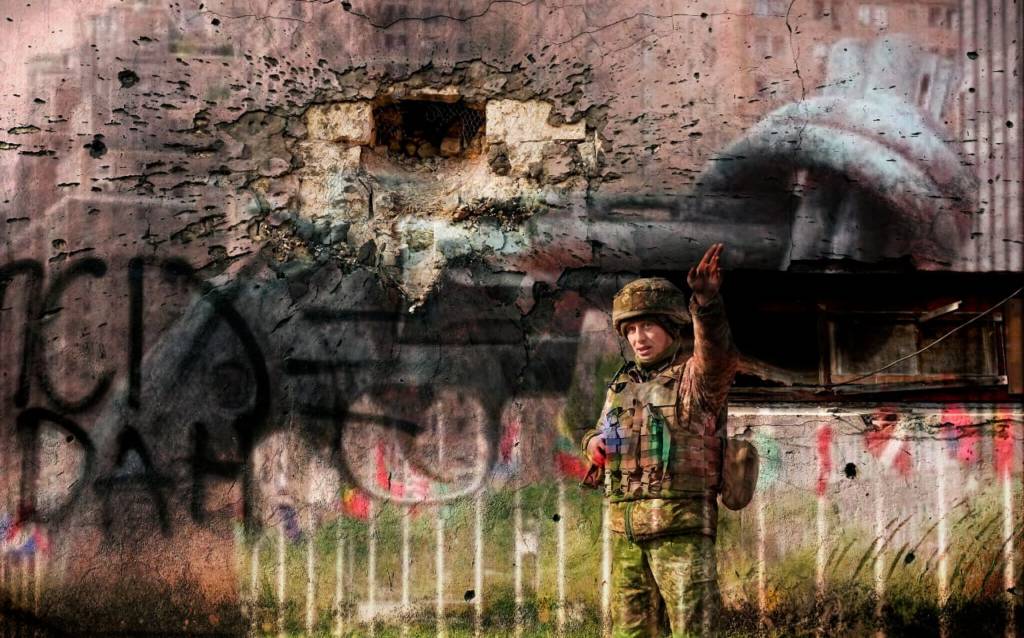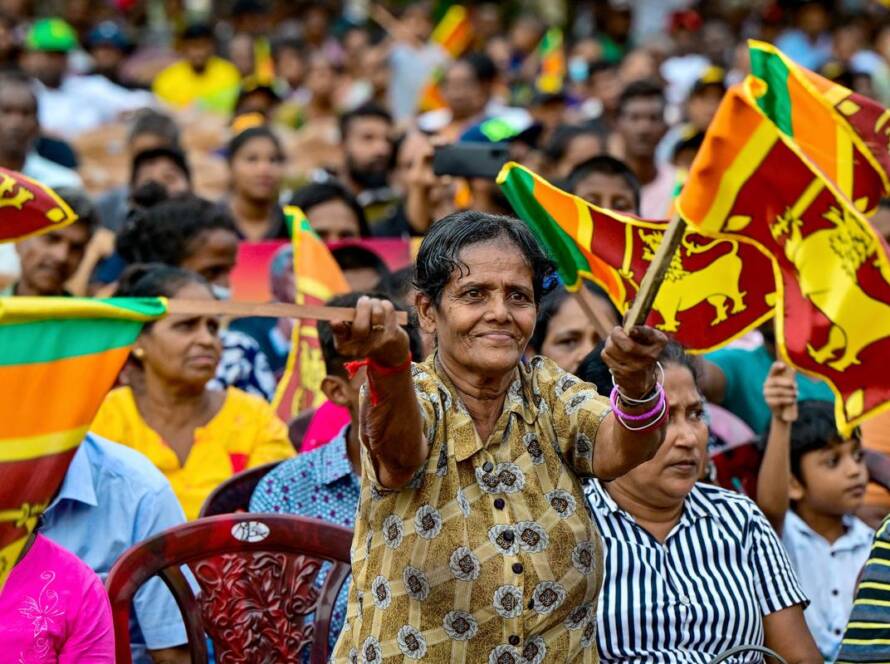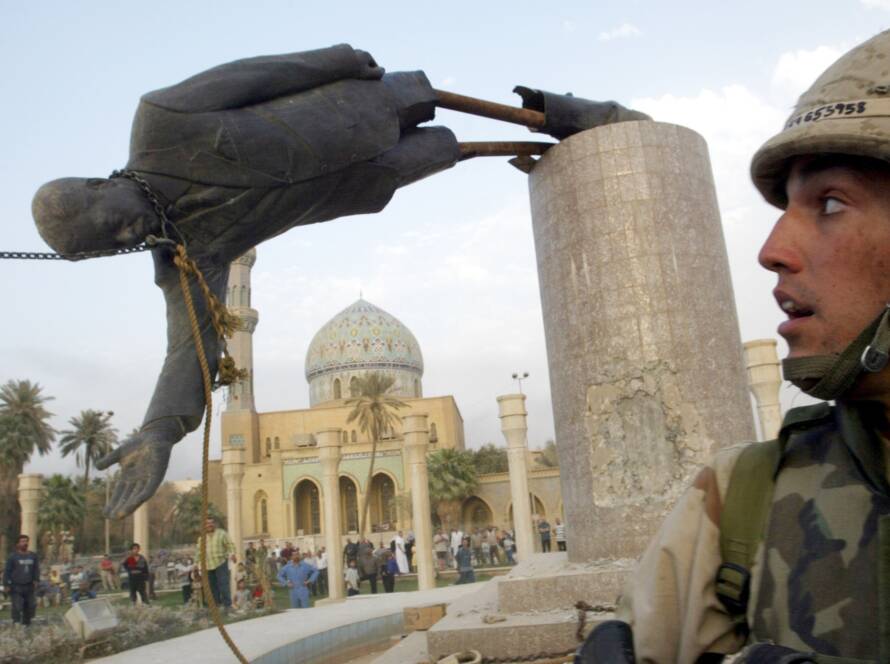“…right, as the world goes, is only in question between equals in power, while the strong do what they can and the weak suffer what they must” – Thucydides, Book 5
By Lakna Paranamanna

Russia’s invasion of Ukraine had the world divided into two groups. Those who condemned the move, who identified Russian attacks as an outright invasion of Ukraine’s sovereignty and those who believed Russia was provoked into the attack by the immature conduct of comedian turned President Volodymyr Zelenskyy.
In an ideal world where all states enjoy equal status, the sovereign right of a nation state would have been respected and honoured by all. Moreover, awarding equal sovereign rights has also created a dilemma; the absence of an overarching authority which has left the world in anarchy. Thus, leaving the states in a constant state of paranoia and insecurity.
Russia’s actions have been labelled as barbaric and unacceptable of modern state conduct pointing to the blatant violation of Ukraine’s state sovereignty and territorial integrity. The violence breaking out in Eastern Europe has also got some wondering if this is the provocation for a third world war. Criticisms of the UN and efficacy of its mandate have also been brought to question citing its failure to take action or prevent such aggressions.
The truth however is that in practice, international cooperation can do only so little in the face of power politics. Violence, despite evolution and advances of modern day diplomacy, very much remains a tool of action in the arsenal of powerful states in their conduct of relations with other states – particularly those smaller states with whom they share strategic interests.
Defining violence
It must be noted at the outset that this is not a justification of Russia’s military actions against Ukraine. It’s simply an attempt at contextualization – which by no means justifies, and only seeks to make sense of the violence and aggression. The study of relations among nation states is predominantly about violence – in fact the major schools of thought in international relations all evolved as ways of comprehending war and violence. However, academia, even proponents of realism, has only very sparingly used the term violence in their descriptions of aggression or force. But most references were regarding direct, physical violence exerted by a state actor – – the equivalent of military force or the state contrary to peace and order. So, in the interest of clarity, all references to violence in this article will cover direct, physical violence as well as violence of ideas, repression etc.
In delegitimizing violence in the conduct of state relations, international jurists such as Grotius introduced the concept of ‘just war’ that included moral and legal precepts that should be adhered to in waging a war; that the aggression must be meted out by a legitimate actor – meaning the state, and is justifiable only if a country faces imminent danger and the use of force is both necessary and proportionate to the threat. Some of these caveats are also recognized in the UN charter’s references on the use of force.
But in reality, while there are state actors that can wield the weapon of force against another with or without fulfilling requirements of needed to lay claim for a ‘legitimate war’, smaller nations such as Sri Lanka is left to choose a position within the balance of power spectrum of bandwagoning or balancing even if a credible threat from another state existed. The flaunting of power by states is a reality smaller states have no choice but to face as Sri Lanka endured during India’s Operation Poomalai in 1987 and now Ukraine in the hands of Russia. It also highlights the need for smaller states to act with care, particularly if it emanates from a close neighbour.
Do morals and ethics apply to powerful states?
I believe realism best explains the aspect of morality in the conduct of IR. Offensive realism in fact, offers the most plausible explanation of great power conduct rife with arbitrary action and disregard to morals and ethics. Theorist Hans Morganthau said states are pushed to steep themselves in competition and conflict as it is imperative for survival in the international system, which is characterised by power maximising and paranoia. Sovereignty therefore is a malleable concept for powerful states when it comes to considering war on smaller states and morals escape consideration when it comes to seizing its strategic interests.
In his book ‘Politics among nations’, proponent of offensive realism Morgenthau states realism rejects the application of universal moral principles of state conduct without filtering it through ‘concrete circumstances of time and place”. In fact statecraft gurus including Macchiavelli have repeatedly emphasised the need to distinguish between morals and politics in order to succeed as a statesman. In short, in a system where states are competing with each other for power and expansion, morals have no place.
So there arises the question of whether Russia did what any powerful nation would do in its place. When its smaller neighbour Ukraine allied itself with a security coalition set up by the West of which the founding purpose was to keep the expansion of the USSR in check? Could Russia perceive such a move in any way different than that of a threat? There is the argument that the aggression was not proportionate towards Ukraine’s mere show of interest in joining NATO. Could the situation have come to a standstill had Russia simply mounted its defences because in doing so, it would make the actual application of military force unnecessary?
It certainly could have been an applicable choice, but it could have also thrust Russia into a loop of security dilemma in having to cast a showdown of military prowess each time Ukraine took any action to undermine Russia’s power in the region. These are all hypothetical scenarios, but all which ultimately would have ended up in exerting violence be it direct or indirect. The conduct of western nations towards Ukraine’s pleas for military intervention now makes it evident that their actions were only geared at thrusting Eastern Europe into chaos and Russia into a war and was never rooted in safeguarding Ukraine’s democracy in the first place.
Are all military interventions violent?
What of military interventions with a humanitarian motive? Is the violation of a state’s sovereignty for the purpose of protecting human life from government repression or famine or civil breakdown, truly on humane grounds? Did the current critics of war and violence perceive invasion in the name of humanity with similar condemnation as they do now with regard to Russia?
Military intervention on humanitarian grounds can be observed in the 19th century invasions of Greece, Syria and Lebanon by Britain, France and Russia that cited persecution of Christians in Muslim-ruled territories of the Ottoman Empire. But it was abused to such a point by powerful states to expand their colonies that the concept became worthless. So the UN Charter was drafted in extreme skepticism and as a result, introduced strict conditions required to justify an intervention. Even with the strict conditions imposed, great powers do what they can as seen through America’s invasion of Iraq and Afghanistan. The military actions, though veiled in humanitarian claims, raises questions on legitimacy and the true interests have now been revealed as stemming from economic and strategic interests.
In short, the ‘acceptable’ military invasions that have claimed humanitarian causes have also had very little to do with the suffering of a people or saving the oppressed and more to do with gaining strategic interests for powerful states. This fact is significantly evident in U.S. decisions not to intervene in countries such as Rwanda when its people were subjected to genocide. Where there was no strategic interest, there was no humanitarian mission found no matter how bad the violence and death was. Thus, the military action is never about assistance and all to do with economic and strategic interests.
Is there no hope?
If state conduct is selfish and is in constant doom and gloom, why do states cooperate? In relations among states, it is imperative to remember that even cooperation comes at a cost. Just like there is no such thing as a free lunch, there is also no motive for international cooperation without furtherance of individual nations’ strategic interests. Powerful states particularly will only enter agreements or collectives that help maximise their goals and power. In investing or funding for global missions, their aim is to take control of the narrative, dictate the direction in which the world moves forward. But this is not a factor to be looked upon in disdain. After all, that must be the direction of foreign policy of all states – the raison d’etat – for foreign policy to be an extension and further national interests of a state. That is the only way to survive the chaos of the international system’s anarchy.
It is folly to believe that a smaller state could engage in actions that may be tantamount to aggression against its neighbour and expect no repercussions, because sooner or later, the reality will strike. One of the earlier theorists of realism Kenneth Waltz in his 1979 book the Theory of International Politics said “the state among states conducts its affairs in the brooding shadow of violence”. This is why it is imperative that smaller states conduct themselves with prudence and patience. Their allegiance should be to protecting its people and guaranteeing their safety and not on pledges that will eventually go unrealized when the occasion really calls for it.
[Lakna specialises in public diplomacy and communications and is a student of international relations. She is also an alumni of the International Visitor Leadership Program of the U.S. State Department]
Disclaimer – Factum is a Sri Lanka based think-tank providing international relations analysis and public diplomacy consultancies in Sri Lanka and Asia. Visit – www.Factum.LK


